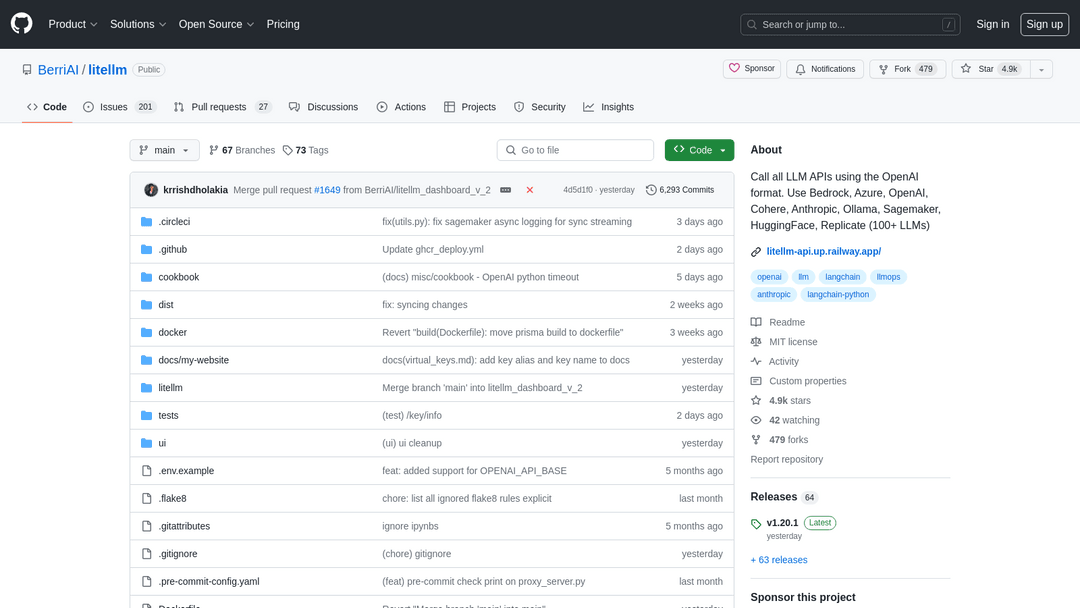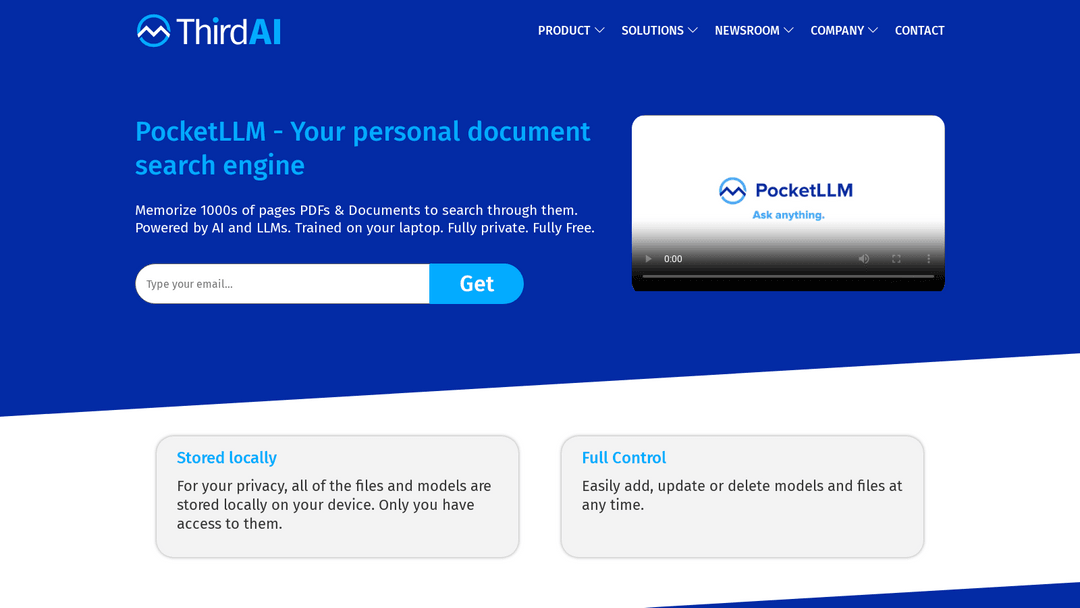Optimizing LLMs with LoRA: Efficient NLP Adaptation
LoRA, or Low-Rank Adaptation, introduces a revolutionary method to fine-tune Large Language Models (LLMs) like GPT-3 and BERT, enhancing efficiency in processing, energy consumption, and accessibility for advanced NLP tasks.
Features
- Reduced Computational Resources: LoRA significantly lowers the hardware requirements by using a low-rank representation during adaptation, cutting down on memory and processing needs.
- Faster Adaptation: By focusing adaptation on a smaller model representation, LoRA dramatically speeds up the fine-tuning process, allowing for quicker iterations and deployments.
- Lower Energy Consumption: LoRA's efficient approach results in a more sustainable and environmentally friendly process by minimizing energy usage during model adaptation.
- Enhanced Accessibility: The cost-effective nature of LoRA opens up the use of advanced LLMs to smaller organizations and individual researchers, democratizing high-end NLP technologies.
Use Cases:
- Conversational AI: LoRA empowers the development of responsive and domain-specific chatbots by fine-tuning LLMs efficiently for conversational interfaces.
- Machine Translation: Beneficial in machine translation, LoRA enhances the adaptation of LLMs to specific language pairs and domains, improving accuracy and context-awareness.
- Sentiment Analysis: For sentiment analysis tasks, LoRA allows for rapid adaptation of LLMs, providing precise sentiment recognition across different contexts and domains.
- Document Summarization: LoRA enables the creation of summarization systems that are both efficient and capable of handling complex documents in niche areas.
LoRA stands as a pivotal innovation in NLP, promising to redefine our approach to LLMs by offering faster, less resource-intensive adaptations, thereby broadening the horizons for diverse applications and making cutting-edge language technologies more attainable.


Chat LLaMA AI Alternatives:
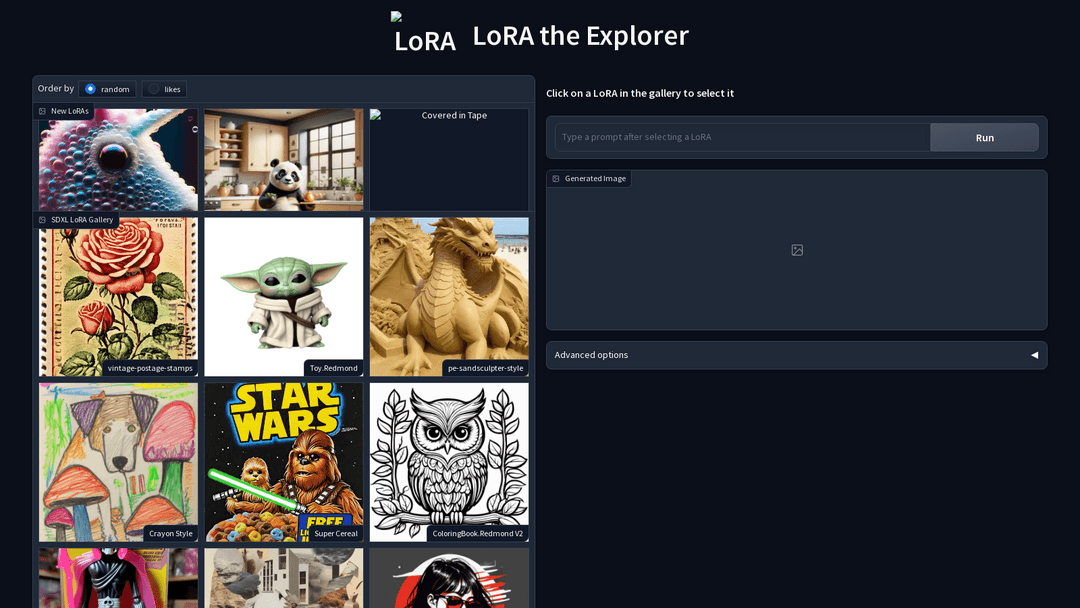
3. Lora the Explorer
Explore interactive AI demos for image generation and language tasks.

4. Xturing
xTuring is an open-source software for creating customized, efficient Large Language Models.
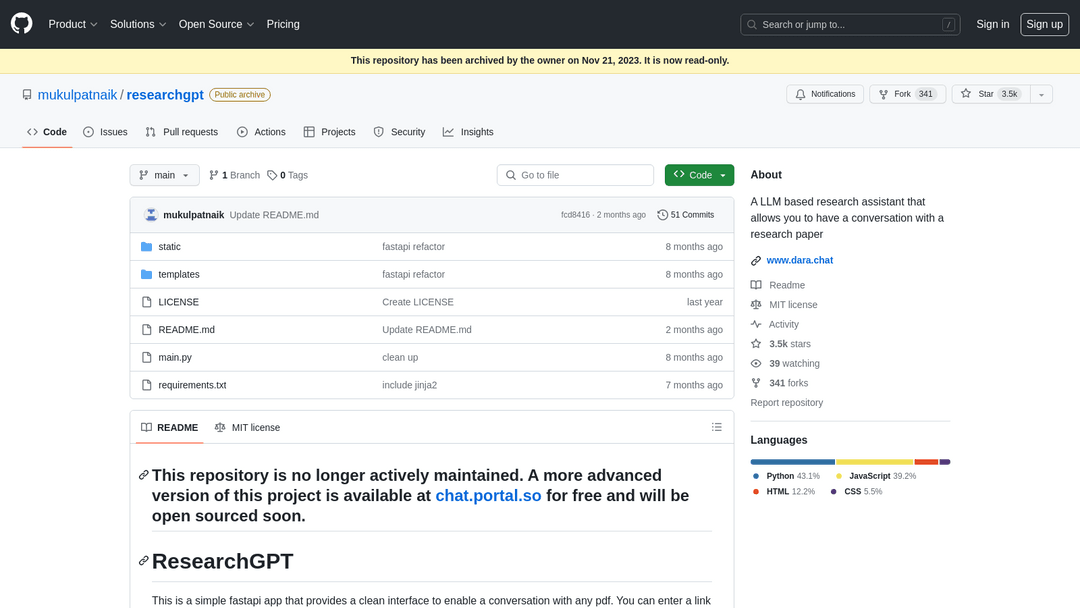
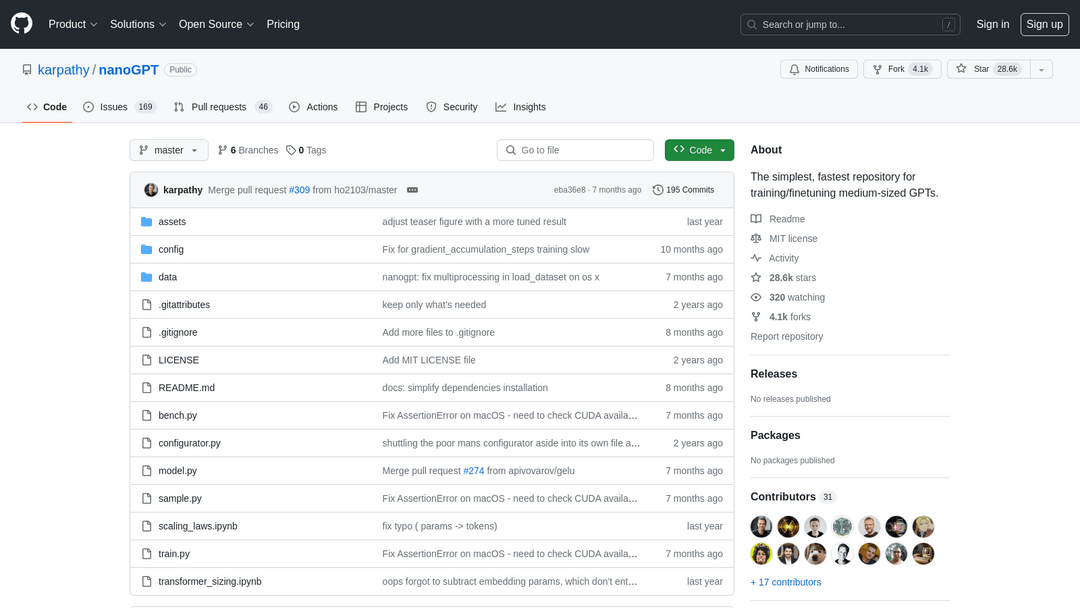
7. nanoGPT
Streamlines training and fine-tuning medium-sized generative language models.
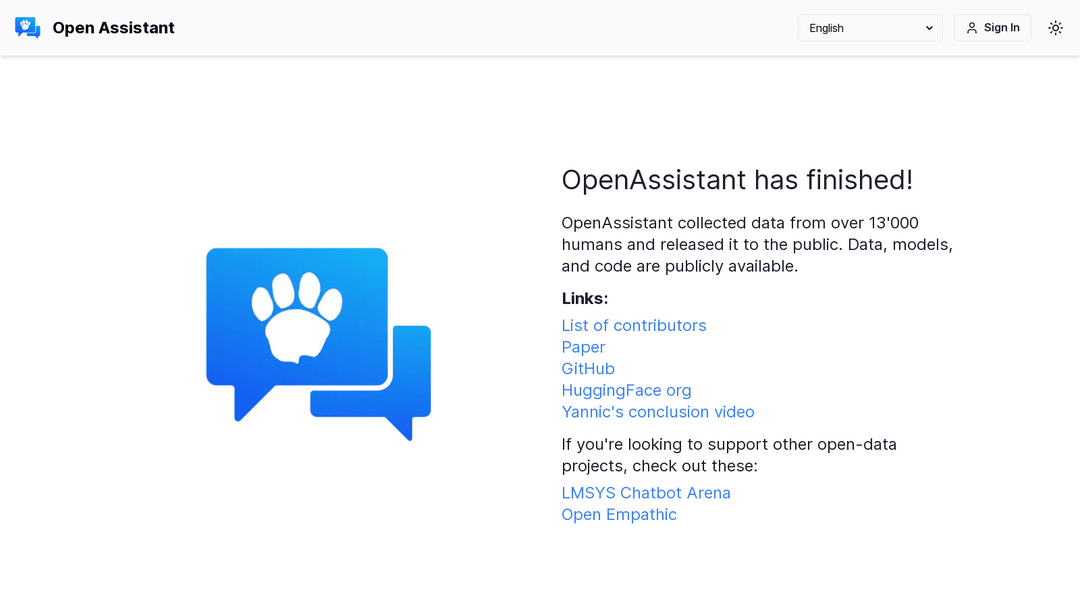
9. Open Assistant
OpenAssistant: Open-source, collaborative AI for accessible, easy conversational experiences.


